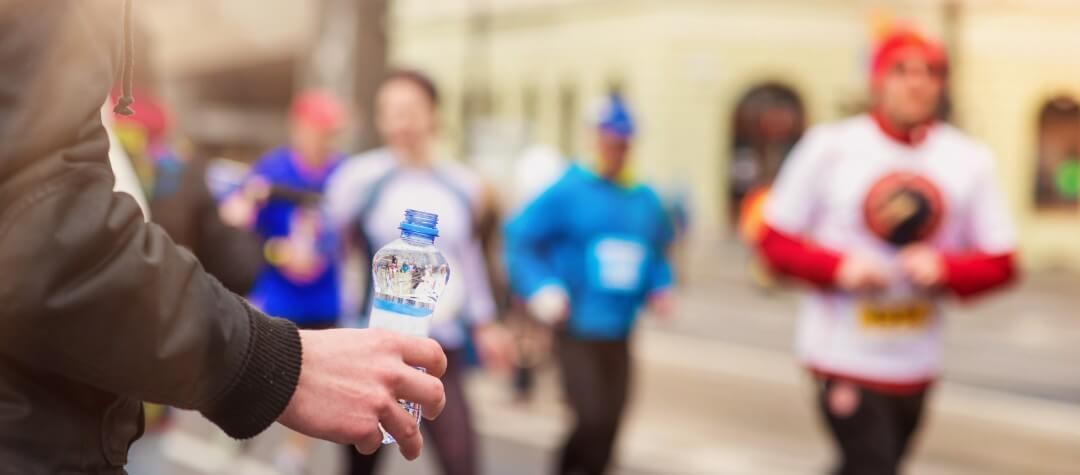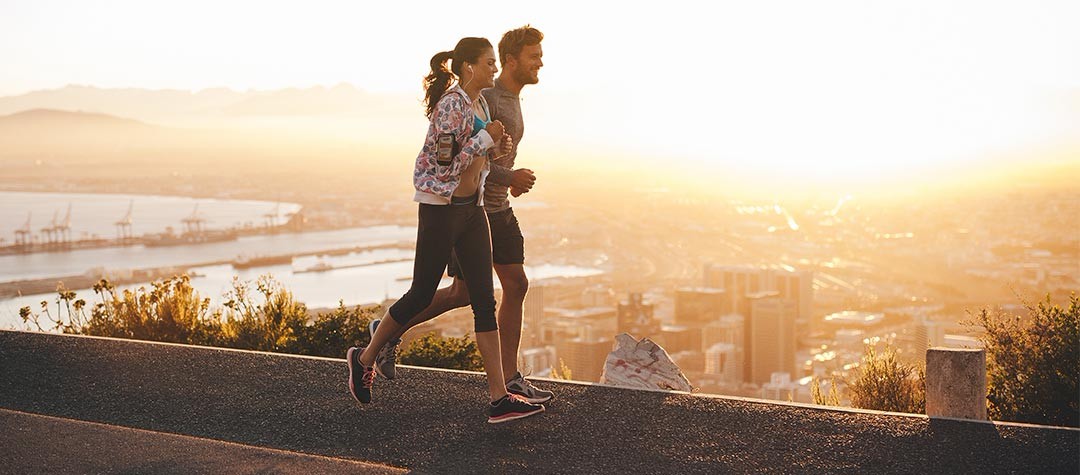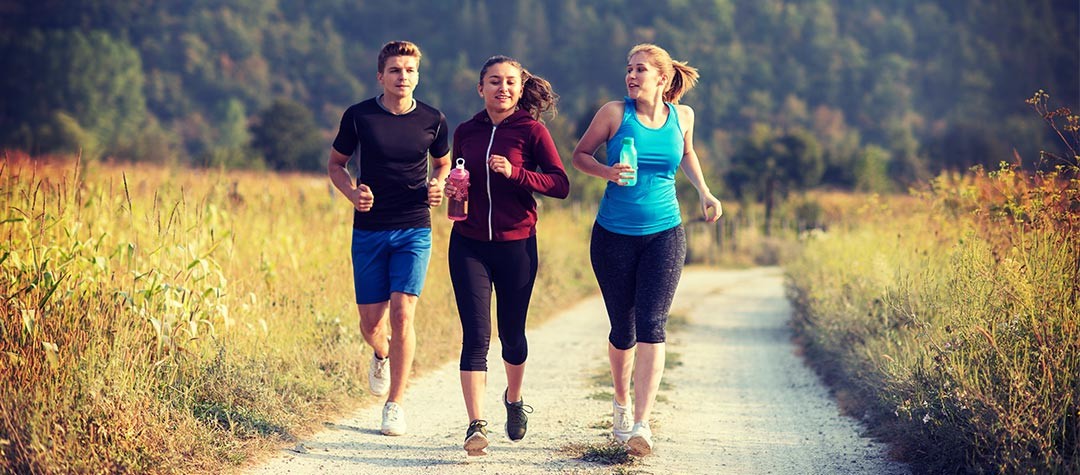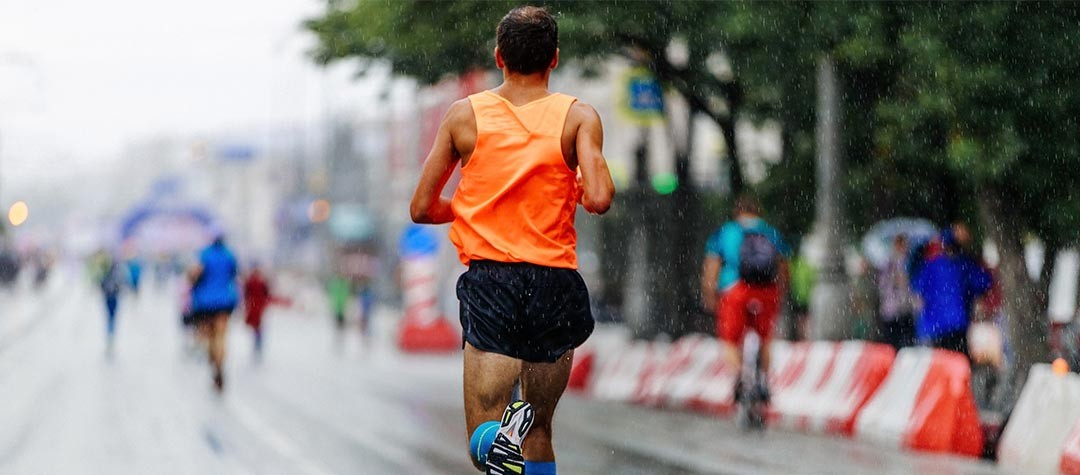Want to learn how to fuel yourself properly for a half marathon? These hydration and nutrition tips will tell you all you need to know.
During a 10k I doubt that you will be thinking too much about how much to drink as it’s a relatively short distance and it is unlikely you'll be dehydrated during the run. However with the half marathon, which is more than double the distance of a 10k, it is important to think about your fluid intake during the race. Not only will this help you maximise your performance, but it’s also good practice for that marathon you might be thinking about running next year!
Generally during a half marathon there will be water stations and in the bigger races some sort of energy drink should be available for you to pick up. They are usually spaced out every 5km or so, which means there are plenty of opportunities to grab a drink.
Take on fluids during the early stages of the race because by the time you get to 20km, any liquid you drink isn't going to affect your performance.
My suggestion would be to take on fluids during the early stages of the race because by the time you get to 20km, any liquid you drink isn't going to affect your performance. When you start to feel thirsty it is usually too late because that is a sign you are already in the early stages of being dehydrated. This is why taking on fluid early on means that it’s in your system and absorbed during the time you are still running. Obviously the faster you are running the less likely it is you will need to drink much during the race.
It is very rare that you'll see the elite runners drinking during a half marathon because the amount of time they are running is only around 60 minutes. Taking time to pick up a bottle and drink will only add to their overall time. These elites are all about speed and the finish time!
If you are looking to run a 2 hour half marathon, you want to start the race having already drunk some water/energy drink a good while before the start. You should be monitoring your urine as this is a good indication as to how hydrated you are. Let's just say something that looks like apple juice means you should be drinking more, and lemon water means you should ease back on the fluids!
For the first 10km you might potentially have two water stations and you should drink around 100-150ml of liquid each time. This may sound like a lot but you don't have to force it down in three gulps. You can run with the bottle for a couple of minutes, taking small sips, and then get rid of it. That way you'll find it is less likely to affect your stomach and allow you to get a good amount of fluid into your system.
By 15km you should be drinking a little bit less, and this should be the last time you take a drink. Anything you take after this point will not affect your performance because it won't be absorbed by your body before the end of the race.
Water on its own doesn't provide you with the sugars and salts you'll be losing during the race, so having a gel is a good solution
Another tip is to look at the race website (if there is one) and find out what drinks they are using on the course. When you have that information you can practice with them in your training runs beforehand to make sure you don't have any tummy "issues" with them. If there is a problem with the official drinks then it might be an idea to get some gels, and have these with you during the race. By doing it this way you can take a gel and wash it down with some of the water available on the course. Water on its own doesn't provide you with the sugars and salts you'll be losing during the race, so having a gel is a good solution, plus they are easy to carry in your shorts!
Stick at it because it might take a couple of attempts for you to get things right during the half marathon, and drinking while running is definitely an art, especially if it is out a paper cup! Good luck!














